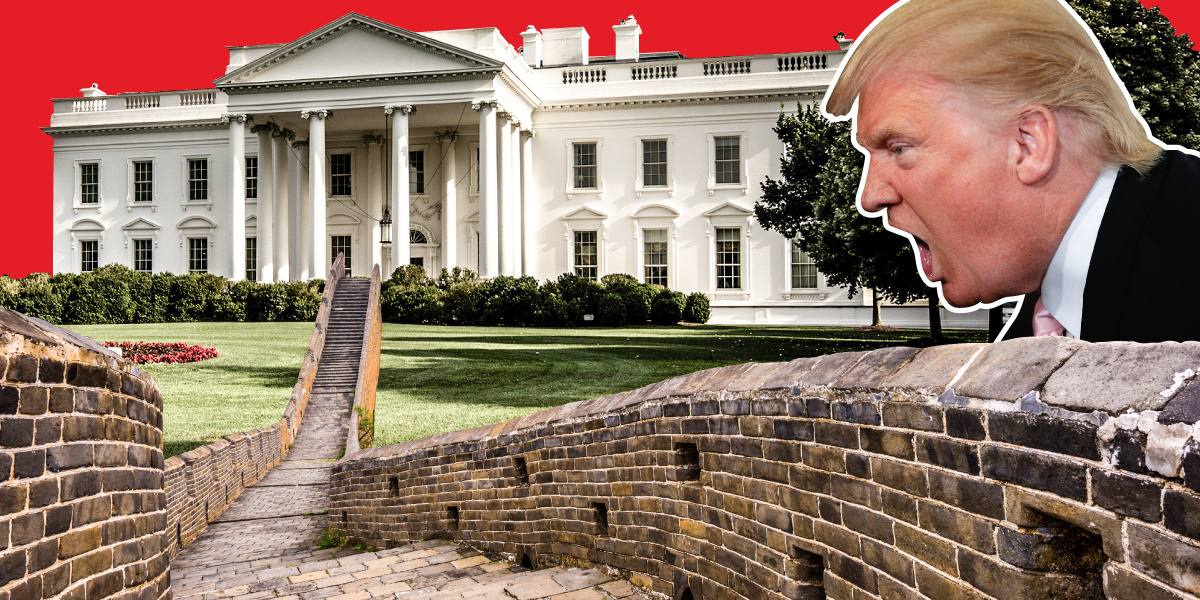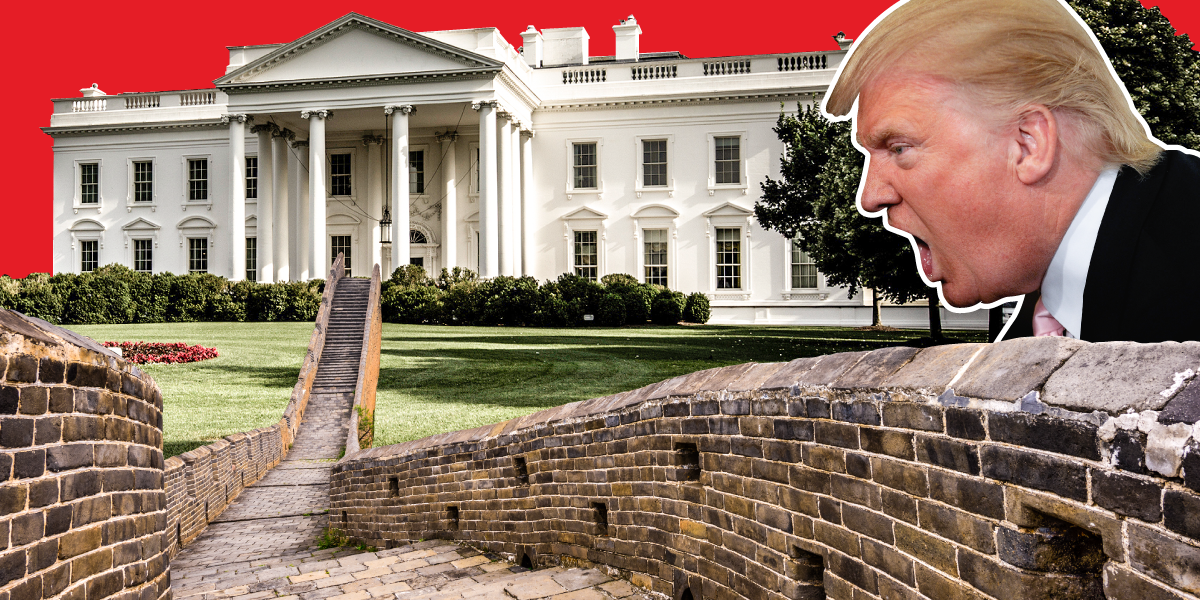 iStock; David Becker/Getty Images; Samantha Lee/Business Insider
iStock; David Becker/Getty Images; Samantha Lee/Business Insider
- President Donald Trump requested the US Trade Representative explore the option to hit $200 billion worth of Chinese imports to the US with a 25% tariff on Wednesday.
- Trump originally proposed only a 10% tariff on the goods.
- The move would be a major escalation of the next planned round of tariffs.
- The tariffs could go into effect within the next few months.
President Donald Trump could be about to double down on the next phase of the trade war with China
Senior administration officials told reporters on Wednesday that Trump asked the US Trade Representative to explore the possibility of imposing a 25% tariff on $200 billion worth of Chinese imports to the US. The original proposal was to hit the same amount of goods with a 10% tariff.
The tariffs could not go into effect until September, said the officials, and no final decision had been made on whether impose the tariffs. The public has until September 5 to comment on the proposal.
The tariff increase would represent another major escalation of the trade war between the US and China, which has seen roughly $74 billion worth of trade between the two countries get hit with tariffs.
The proposed increase drew criticism from industry groups like the National Retail Federation (NRF), which said that the move would ultimately hurt US consumers.
“Increasing the size of the tariffs is merely increasing the harm that will be done. And it’s even more than that – it’s two-and-a-half times the amount originally proposed,” Matthew Shay, NRF CEO, said in a statement. “Tariffs are an unacceptable gamble with the U.S. economy and the stakes continue to rise with no end in sight.”
This next wave of tariffs was originally announced in July, after China hit the US with countermeasures in response to Trump’s initial wave of tariffs. If tariffs on another $200 billion worth of goods proceeds, about half of all Chinese goods coming into the US would be subject to trade restrictions.
The Trump administration released a preliminary list of goods that could be subject to this wave of tariffs. The products range from agricultural products like pork and apples to consumer goods like wool hats and vacuum cleaners.
The Chinese government has warned that the country will retaliate with trade restrictions of equal measure if Trump follows through on the threat.
The fight over trade kicked off in March when Trump threatened to hit $50 billion worth of Chinese imports with a 25% tariff. Attempts at avoiding the tariffs fell apart in May and the countries officially imposed tariffs in early July.
Trump’s trade fights, including the battle with China, are starting to seep into the US economy based on recent data. Concerns about the trade war are popping up in various business and consumer confidence surveys, prices for goods hit by various tariffs are on the rise, and businesses are starting to feel the squeeze from the increased prices.

